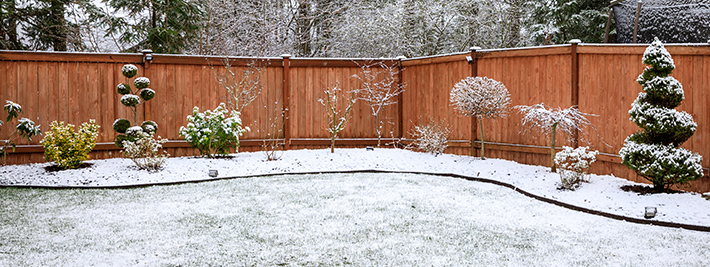Do I Need a Home Warranty?

Choosing to purchase a home warranty is something any homeowner, house hunter, and even seller should think about. While different companies offer home warranties, the purpose of a home warranty is generally the same. Let this guide help you decide if you need this service:
-
A home warranty covers what homeowner’s insurance does not. When one of your home’s systems or major appliances breaks down or is damaged from normal wear and tear, a home warranty will help you with the costs.
-
Homeowners pay a monthly fee, on average $300-$600 per year, according to Consumer Affairs. Most service calls through the company will require the homeowner to pay a set service fee to the technician when making a claim.
-
A home warranty can be purchased at any time, which is great for someone who is selling their home. Sellers can spend a good amount of money prepping the house for sale, and a warranty will help considerably if something breaks down during the selling process. Warranties can be transferred to the buyer, as well!
-
A newer home may not necessarily need a home warranty, so stash an amount equal to a monthly warranty payment into your savings account! You can build emergency savings and have the funds for unexpected repairs.
-
Research home warranties for prices and coverage available. Your Realtor® will be able to direct you to companies they are familiar with, and you can trust you are working with a reputable home warranty company.
-
Current homeowners who do not have a home warranty can find a company that is registered with the Service Contract Industry Council. Scroll to the “Home Service Contract Companies” for a complete contact list.
There are so many different decisions to make when it comes to homeownership, it can feel overwhelming. Making good decisions depends on how much time you put into researching and asking questions. Inform yourself by doing your research and having a discussion with your Realtor® and/or warranty agent to help make the best home warranty decision for your home and wallet.
Courtesy of New Castle County DE Realtors Tucker Robbins and Carol Arnott Robbins.
Photo credit: whichhomewarranty.com














